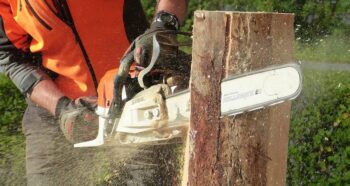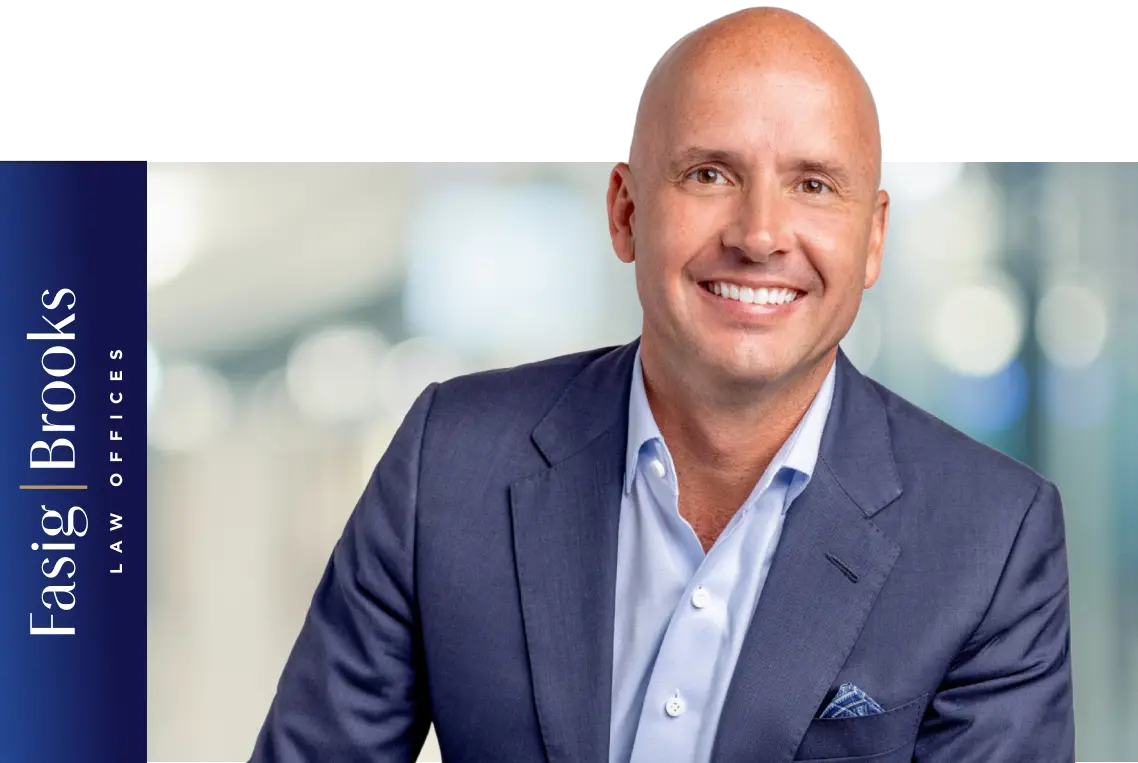
Operating a chainsaw is a dangerous job if not done correctly, and even the most experienced chainsaw users may find themselves injured due to a simple mistake, or possibly as the result of a defect in the tool itself. When you make the decision to use a tool such as a chainsaw, you accept the fact that this is a dangerous piece of equipment that can have serious consequences if you do not follow the standard usage. Manufacturers provide consumers with ample information about the proper usage, as well as some of the most common errors that people make that can lead to serious injuries, and even cause death.
In many instances, chainsaw injuries are the result of the user’s actions; however, there are many other times when a chainsaw accident happens due to a manufacturing defect or other instance where the manufacturer, distributor, or someone else along the supply chain is liable for the accident. In these cases, the victim can initiate a product liability claim against the at-fault company and work towards either an out-of-court settlement or an award at the resolution of a lawsuit in the Florida courts. Regardless of the path towards compensation, the most important part is that the victim receives fair compensation so that they can move forward with their lives free of the financial burden caused by someone else’s negligence. A Florida defective products lawyer from Fasig | Brooks can help you in this situation
Contact Fasig | Brooks Today For a Free Consultation About Your Chainsaw Accident
The sooner you contact our Florida personal injury lawyers for your free initial consultation, the sooner you will learn about the multitude of options for us to consider as we explore the ways to get you the money that you deserve.


Start Your Free Case Evaluation
How To Recover Compensation After a Chainsaw Accident
If you were injured at work, then it is likely that your injury is covered under workers’ compensation, which employers are legally required to have in the majority of situations. This policy is what is known as a “no-fault” policy, meaning that the policy pays out regardless of whether the injured party or the employer caused the injury. In addition, this policy protects the employer from lawsuits filed by employees, even if they are, in fact, at fault for the accident. It is important to note, though, that workers’ compensation DOES NOT block a victim from seeking compensation from responsible parties other than the employer.
If you are injured outside of work, or if your injury was the result of a defective chainsaw, then we will want to look closely at the conditions that led to your accident, including any possible defects in manufacturing or failures to adequately warn you about how to avoid the accident that you were hurt in. All along the product supply chain, there are a number of companies who take partial responsibility for ensuring that you, the end-user, has a safe experience with the product, including rigorous quality control throughout manufacturing, as well as providing you with a manual clearly showing you how to safely use the product.
A failure to provide you with a safe, working product is considered a breach of the duty of care, meaning that your injuries and damages should be compensated following this tort.


Start Your Free Case Evaluation
Calculating Damages For a Product Defect Accident With a Chainsaw
A product defect case is similar to all other personal injury cases, in that it simply requires that we prove the defendant had an obligation to keep you safe, that they failed this obligation, and that their failure caused you measurable injuries and damages. From there, we will set out to determine exactly how much you are owed for compensatory damages. In rare instances, a judge or jury may additionally award a plaintiff punitive damages, but these damages will never factor into our calculations. If we believe that you are likely to be awarded punitive damages in addition to your compensatory damages, we may opt to skip the negotiation process entirely and move right into a lawsuit.
Compensatory damages are divided into two distinct categories: economic, and non-economic. Economic damages seek 1:1 repayment of the measurable financial impacts of your accident. They include things like your medical bills, all recovery-related costs, as well as all of your employment-related losses such as missed days of work, decreased wages, and disability. Non-economic damages seek compensation for things like the actual pain and suffering that you experienced as a result of your injuries, and a range of additional emotional, psychological, and physiological impacts on your life.
Calculating the damages that you deserve is one important step, but once we have gathered all of the relevant information we will then need to negotiate in order to reach an agreement on an actual award. If we are unable to reach an agreement—or if we choose to skip the negotiation process entirely—then the next option will be to file a lawsuit with the Florida courts and prepare for this process together.


Start Your Free Case Evaluation






